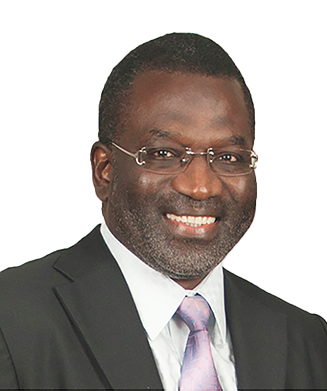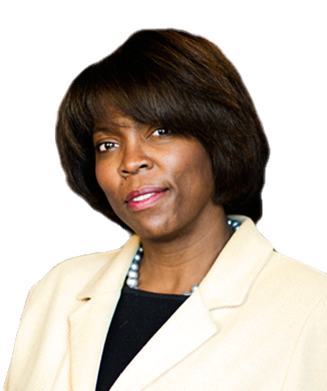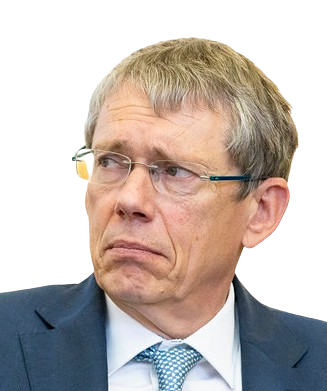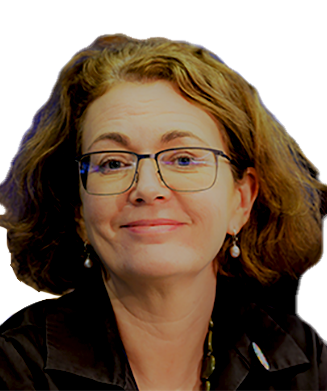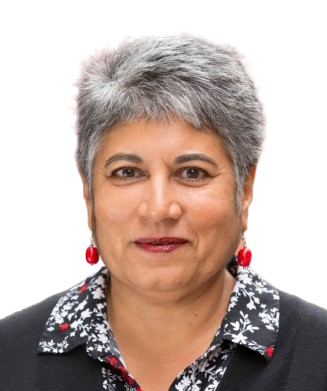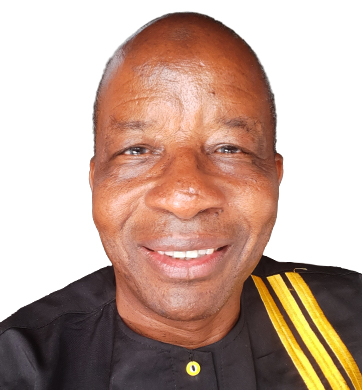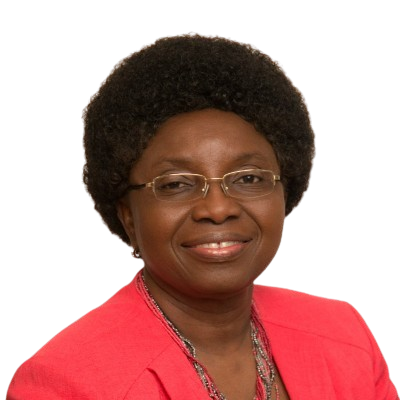Board of Trustees
The AKADEMIYA2063 Board of Trustees is responsible for setting policies and evaluating and monitoring management’s actions. The Board hires and evaluates the Managing Director, approves the long-range strategic plan, approves the annual plan and budget, monitors the Organization’s progress toward the achievement of its mission and strategic research objectives, assures the Organization’s cost effectiveness, financial integrity, and accountability, exercises oversight of investments, and ensures compliance with relevant legal and regulatory requirements.
